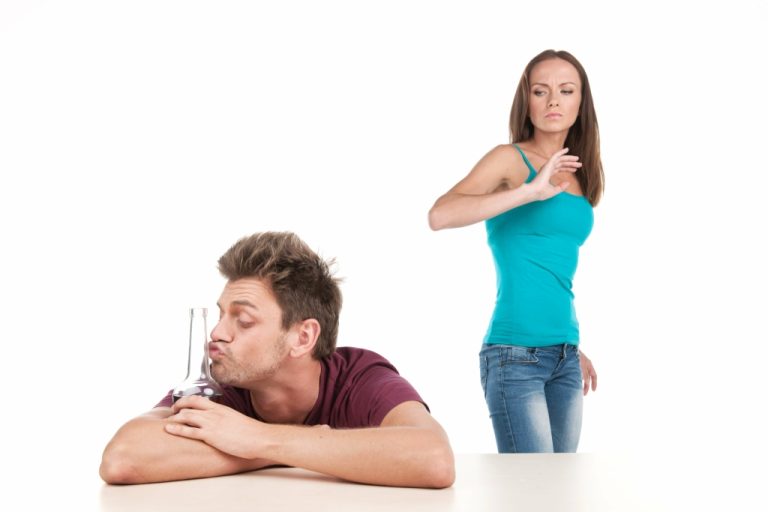During supervision, each active case was discussed individually with regard to adherence to the manualized treatment protocol and the specific content of the session. Overall, exhibiting one or a combination of the above factors can increase your chances of becoming angry when intoxicated. https://ecosoberhouse.com/ As a whole, alcohol use naturally heightens emotions, and for people who are predisposed to aggressive tendencies, it can quickly make bad scenarios worse. There are a number of cognitive, neurobiological, and social factors that can influence how alcohol affects aggression.

Stress also affects focus and attention abilities, and heightens energy while decreasing appetite and sleep functions. Becoming angry or irritable when you drink is a relatively common experience — an often-cited body of research by the World Health Organization notes that aggression has a closer link to alcohol than any other kind of psychoactive drug. There are several risk factors, all of which impact people differently.
How Alcohol Addiction and Anger Are Connected
According to the National Institute of Mental Health, 22.6% of people with a personality disorder also have a substance use disorder (SUD), which can include alcohol use. But research is finding that a satisfying and productive life includes a mix of positive and negative emotions. Negative emotions, even though they feel bad to experience, can motivate and prepare people for failure, challenges, threats and exploration. alcoholic rage syndrome Psychology researchers think that the benefit of boredom in situations where people are not responding emotionally is that it prompts making a change. If nothing in your current situation is worth responding to, the aversive experience of boredom can motivate you to seek new situations or change the way you’re thinking. Boredom has been related to more risk seeking, a desire for novelty, and creative thinking.

Sometimes, people still have to take care of their family or work responsibilities while they are in a treatment program. In these cases, they may benefit from attending an outpatient program. Instead of sleeping at the treatment center, they will go home each night. Then, they will return several days a week for therapy and ongoing support. When you drink alcohol for several months or years, your body and mind become accustomed to having alcohol present. If you suddenly stop using alcohol or drugs, it can cause your body to go through withdrawal symptoms.
Getting Help for Co-Occurring Disorders
But effects to other neurotransmitters, including gamma-aminobutyric acid (GABA) and glutamine, may also be involved. Alcohol can impair the OFC, and disrupt communication between the OFC and the amygdala. Without the OFC doing its job of calming those intense emotions, a person can have a strong reaction (2). Alcohol causes changes in the prefrontal cortex (PFC), leading to disinhibition. If you are mindful, you can recognize these signs and put the brakes on your behavior and tame your thoughts.